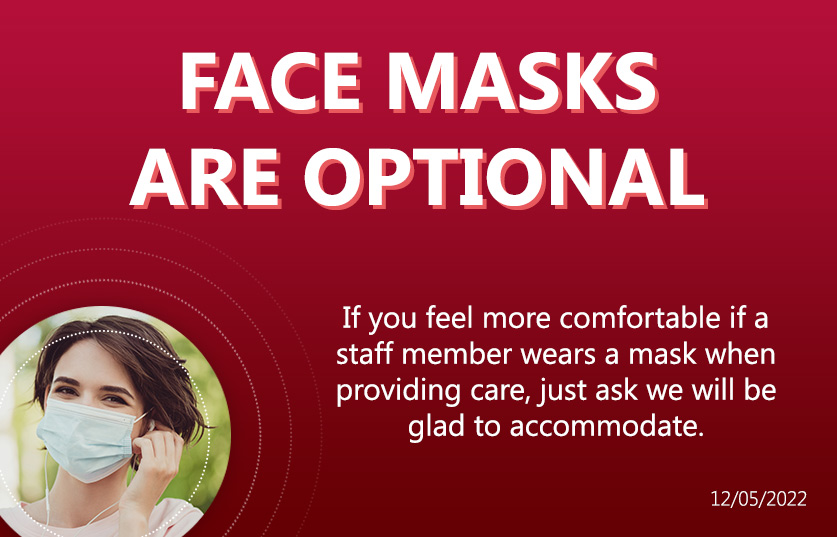What to Expect:
You must remain in the room with your child (0-17yo) throughout testing. They will wear a medical gown during testing and we advise dressing them in a two piece outfit. During the first stage a toothpick-like device will be used to scratch the skin’s surface (typically on their back) with each antigen. If there is a positive reaction swelling and itching will occur at the site, similar to a bug bite. If there is no reaction, additional testing may be required. Then, each antigen is injected just under the skin’s surface (typically on their arm), similar to a TB test. A positive reaction is signaled again by swelling and itching.
How to Prepare You Child:
Be honest and calm when informing them about their skin testing appointment and attempt a discussion about it a day or two prior to the appointment. Provide them with simple, accurate information in a non-emotional manner- your anxiety can be felt and transmitted to your child! The tests are not painful but uncomfortable, teach them coping mechanisms before the appointment to help them feel in charge. Give your child words of encouragement before, during and after testing to help them feel better about the process. Often a child will need a distraction; sing a song, tell them a story, bring books or a favorite toy they can hold to take their mind off of their discomfort.








